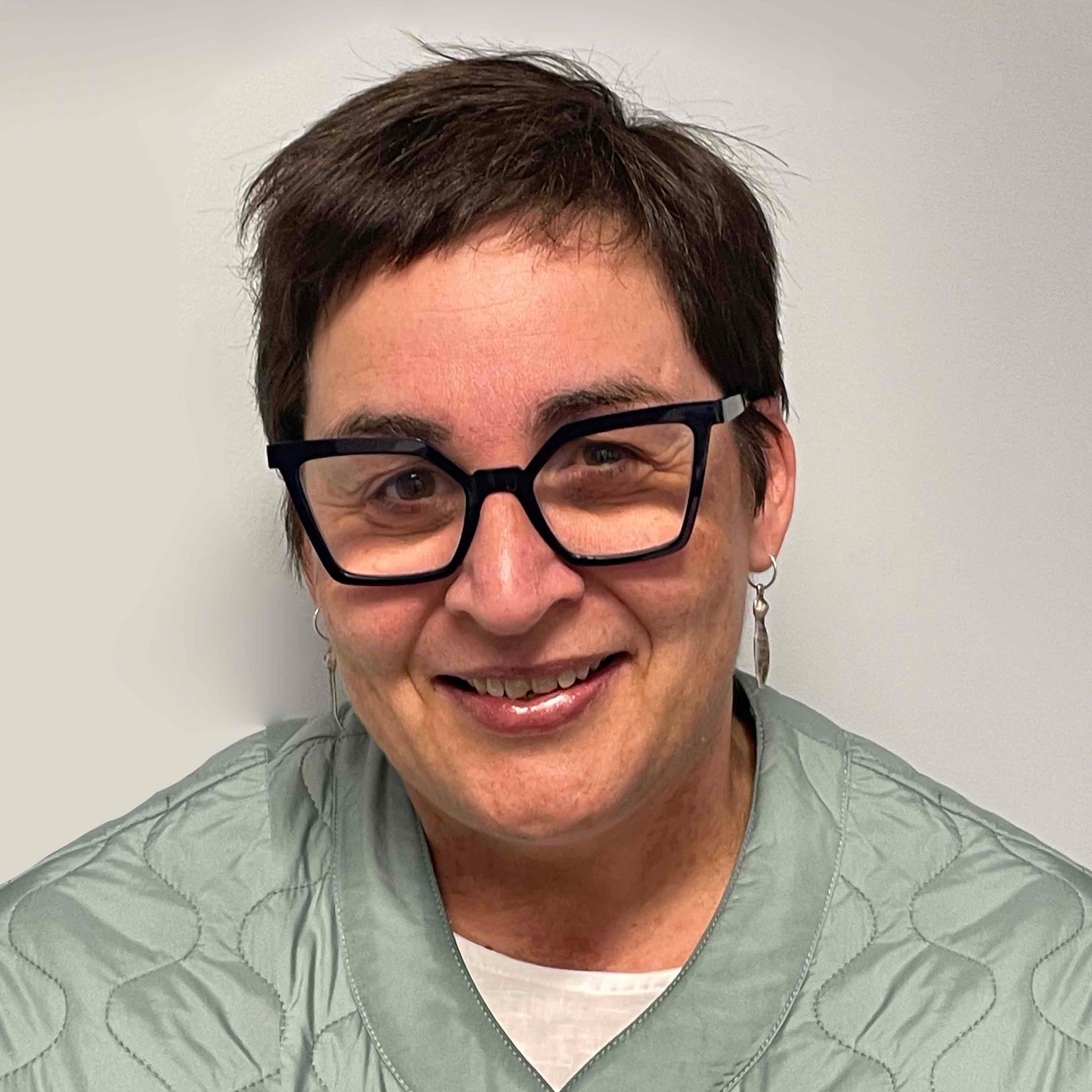Affecting 10–15 per cent of reproductive-age women, endometriosis is a painful disease that commonly causes fertility problems. Gynaecologist Dr Angela Beard breaks down the steps to take if you suspect you may be a sufferer.
Many women with endometriosis initially present to their GP with pelvic pain. To deduce whether it is endometriosis, your GP will need to know if your pain occurs cyclically – with your period or when you are ovulating. They should ask if you get pain with intercourse or bowel motions.
Some common co-occurrences for people with endometriosis are irritable bowel syndrome and painful bladder syndrome, so your GP may refer you to a gynaecologist if you have a diagnosis or symptoms of these problems. Other risk factors are a high BMI and a family history of endo – your GP will likely ask if any women in your family are sufferers. Take a record of your cycle, including dates and how long you usually menstruate, as short cycles or long periods can be risk factors.
Additionally, uterine or reproductive tract abnormalities can indicate a risk of endometriosis. This will be checked via a scan, ordered by your specialist as part of the investigation.
To get a good idea of your risk factor before visiting the GP, use the online tool RATE (Raising Awareness Tool for Endometriosis) which is helpful for people who suspect they could have endometriosis. Developed by a team of experts in association with the Royal Australian and New Zealand College of Obstetricians and Gynaecologists, the tool runs through questions about pain levels, frequency and location, and other symptoms that could indicate the presence of the disease.
A laparoscopy or MRI could be ordered as part of an investigation. Severe disease is easily seen but sometimes early stage will not show up, even though it may still be very painful. Some endo sufferers can also be asymptomatic, with the disease only becoming evident when they try to get pregnant. For any sufferer looking to boost pregnancy chances, the surgical removal of ovarian cysts is likely to help. Aside from surgery, the best way to reduce pain is through period suppression, which is done through hormonal treatments such as an IUD or the pill. Pelvic floor physiotherapy can also play a large part in reducing pain, as can chronic pain specialists and dieticians, who will recommend a diet that helps to reduce inflammation. Whether it is endo or something else causing your pain, there is no need to suffer in silence.
Dr Angela Beard, Ngati-Haunui-a-Pāpārangi, Ngāi Tahu, is a gynaecologist with special interests in fertility treatment, high-risk obstetrics and the management of endometriosis, particularly in cases where chronic pain is a factor. coga.org.nz
Recent stories





